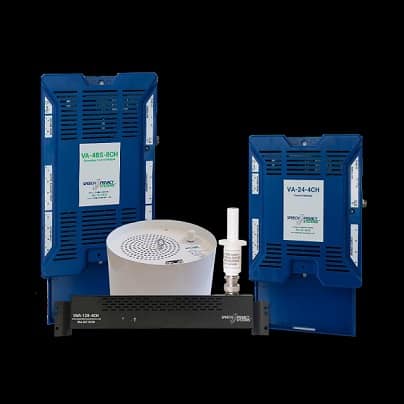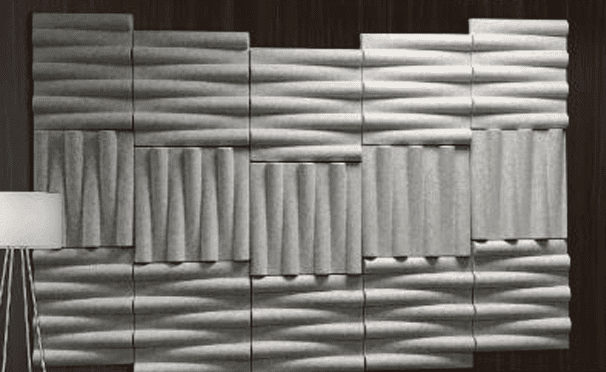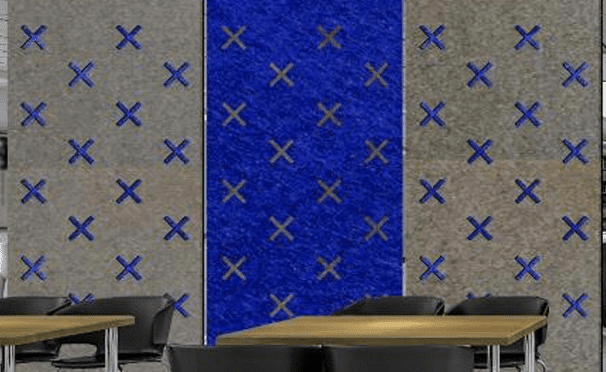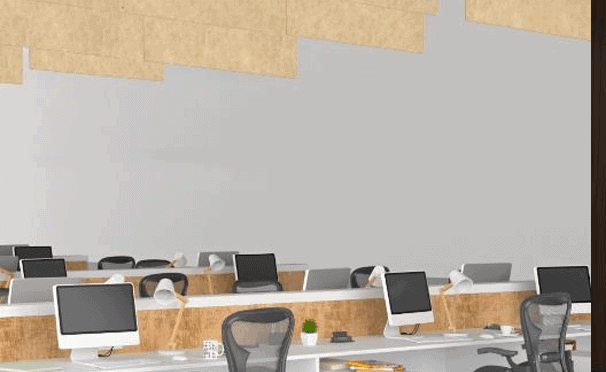Office Speech Privacy Systems
Recent studies have shown that up to 75% of office workers agree that noise affects their productivity. However, another study shows that the majority of business owners are not aware of this issue and how it affects their bottom line!
Many companies that have adopted modern open plan office configurations have focused more on the benefits of collaboration and maximizing space utilization, but have not given enough attention to office acoustics. (Older style high-walled cubicle configurations can be just as problematic. Employees tend to talk louder, erroneously thinking that the cubicle walls mask their voices effectively.)
In addition to the distractions and irritations of hearing other people’s conversations, there is another important concern: voice privacy. In medical offices, for example, it’s crucial to be able to provide private discourse with patients, as dictated by the Health Insurance Portability and Accountability Act (HIPAA) compliance standards.
In order to help our clients solve their acoustical issues, Joyce Contract Interiors has partnered with Speech Privacy Systems to provide comprehensive sound management solutions. Sound masking, via the VoiceArrest System, is an ideal, cost-effective implementation for many workspaces and office environments. Often called “white noise,” sound masking is the introduction of an unobstrusive background sound similar to airflow that reduces distractions by making human speech unintelligible.

A General Services Administration (GSA) publication explores some of the myths of workspace noise and privacy. A few examples:
MYTH: Speech privacy means “I can’t hear you talking” or “I can’t see you when you’re talking.”
REALITY: Not true. Speech privacy is defined as “Techniques…to render speech unintelligible to casual listeners.” This definition is the foundation of enforcement procedures used for speech privacy under privacy laws such as those in HIPAA.
MYTH: If a room has a door and it is closed, conversations within will be private.
REALITY: Not always true. Rooms with closed doors can keep conversations private only if adequate measures have been taken in construction to prevent sound from leaking around doors, through walls, ducting, etc. Never assume that a closed-door conversation is confidential without checking first.
MYTH: If only my cubicle were bigger, then I would have acoustic privacy!
REALITY: To gain any appreciable speech privacy, workers would need to be seated at 10′-0″ on centers, which is not a realistic solution given the real estate and carbon footprint implications. Additionally, distance alone is not a very effective form of mitigation. As a rule of thumb, doubling the distance will only drop the decibel level a receiver hears from the sender by 5 points. This is barely perceptible.
Acoustic Panels




